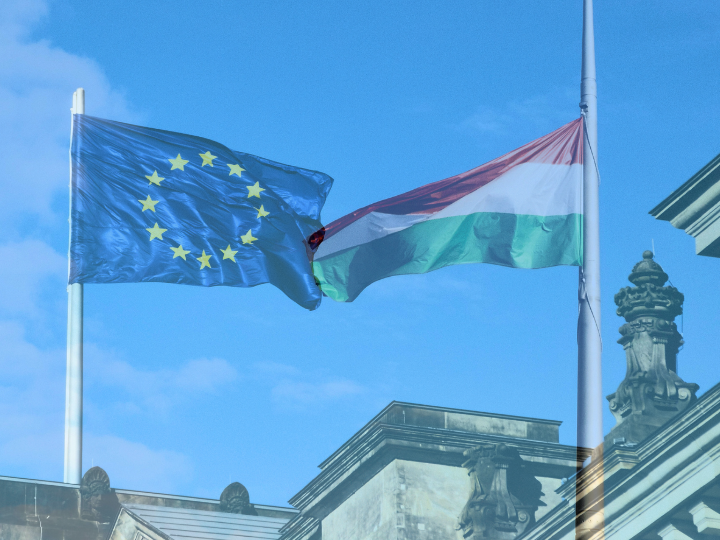by Christy Cooney
The European Union’s foreign policy chief, Josep Borell, has stripped Hungary of the right to host the next meeting of foreign and defence ministers over its stance on the war in Ukraine.
It comes weeks after Hungary assumed the rotating presidency of the Council of the European Union, a role in which it would normally host the event, and amid anger over a meeting Prime Minister Viktor Orban held with Russian President Vladimir Putin in Moscow earlier this month.
Mr Borrell said Hungary’s actions should have consequences and that "we have to send a signal, even if it is a symbolic signal".
Hungary described the move as "completely childish".
Every six months, under each new council presidency, the EU’s foreign and defence ministers hold informal meetings to discuss the biggest global issues facing the bloc.
The next set of meetings will take place on 28-30 August and were to be held in Budapest, but on Monday Mr Borrell announced they would instead take place in Brussels.
Citing comments made after the meeting with Mr Putin in which Mr Orban accused the EU of having a "pro-war policy", Mr Borrell told reporters: "If you want to talk about the war party, talk about Putin.
"I can say that all member states - with one single exception - are very much critical about this behaviour.
"I think it was... appropriate to show this feeling and to call for the next foreign and defence council meetings in Brussels."
Of the 26 other countries in the EU, only Slovakia has backed Hungary in the dispute.
However, Luxembourg’s Foreign Minister Xavier Bettel, told reporters that he would go to Budapest because a boycott would be "nonsense". Mr Bettel felt that it was better to tell the Hungarians the EU was unhappy with their actions as "ignoring or not choosing dialogue would be a mistake".
Polish Foreign Minister Radoslaw Sikorski proposed that the August meeting should take place in western Ukraine, but that idea was blocked by Budapest.
Responding to Mr Borrell’s decision, Hungarian Foreign Minister Peter Szijjarto wrote on Facebook: "What a fantastic response they have come up with.
"I don’t want to hurt anyone’s feelings, but it feels like being in a kindergarten."
Mr Orban’s meeting with Mr Putin came as part of what he described as a "peace mission" - launched days after Hungary assumed the council presidency - that also saw him visiting the leaders of Ukraine and China, as well as Republican presidential candidate Donald Trump in the US.
The trip sparked condemnation from leaders across the EU, with European Commission chief Ursula von der Leyen describing it as "nothing but an appeasement mission".
Finnish Prime Minister Petteri Orpo said Mr Orban had "no mandate to negotiate or discuss on behalf of the EU", while Swedish Prime Minister Ulf Kristersson said the trip sent "the wrong signal to the outside world and is an insult to the Ukrainian people’s fight for their freedom".
The episode is one of numerous occasions since Russia launched its full-scale invasion of Ukraine on which Hungary has been at odds with most of the rest of the EU about the appropriate response.
After winning re-election in April 2022, just months after the invasion, Mr Orban told a crowd of supporters that Ukrainian President Volodymyr Zelensky was among the people he would have to "battle" in his fourth term.
Last year, he repeatedly used Hungary’s veto to delay a €50bn (£42bn) package of non-military financial aid to Ukraine.
*first published in: Bbc.com




 By: N. Peter Kramer
By: N. Peter Kramer

